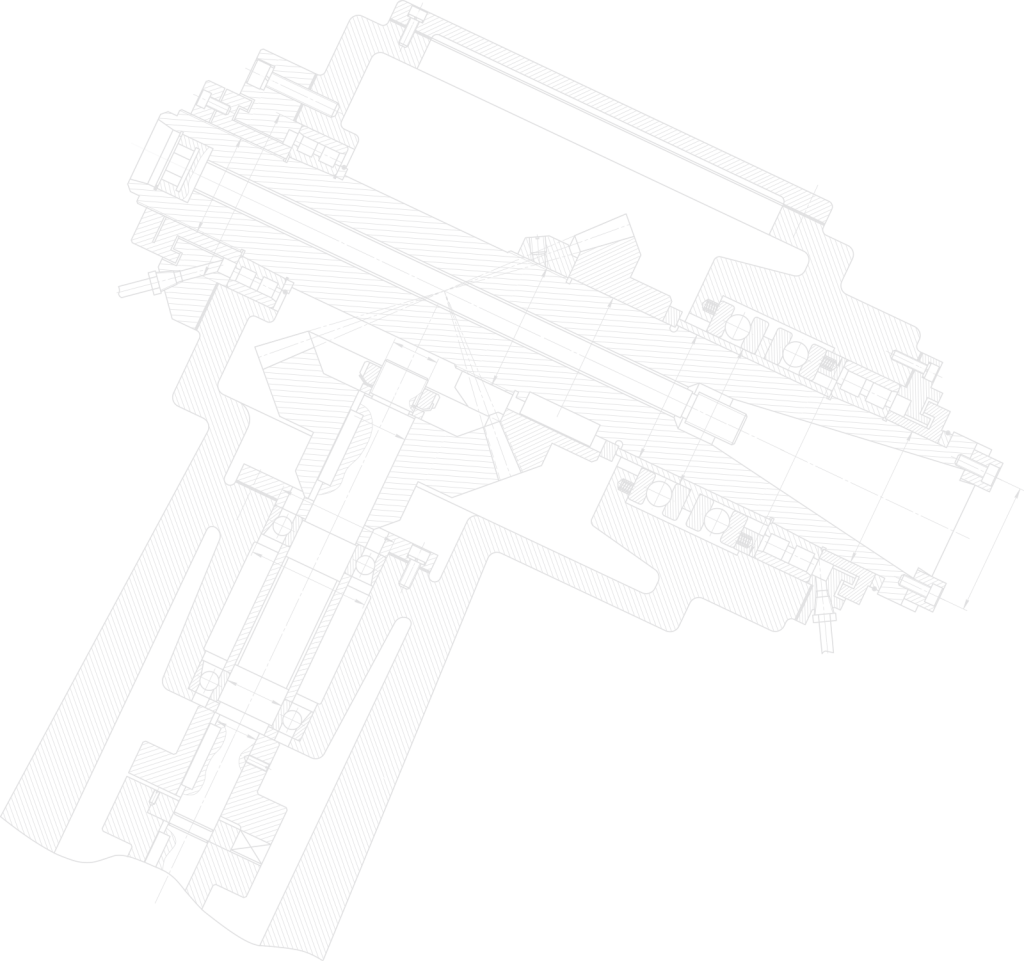WHAT WE DO
Kegoz Group delivers diverse solutions across key sectors, including agro services (poultry & aquaculture), oil & gas equipment supply, civil engineering and construction expertise, database management services, and marine operations with offshore vessels and equipment — ensuring quality, innovation, and effective service delivery.

Agro Services
We offer comprehensive agro services such as poultry farming and aquaculture. We stock the best bread...
OIl & Gas
We are leading supplier of engineering equipment and instrumentation for the oil and gas...
Database Management
We offer Database Management Services to complete the overall maintenance of your infrastructure…
Construction
Our civil engineers understand the nuances of architecture, engineering and construction, so that your end vision…
Real estate
We work closely with our clients from the very first stage of financial planning, helping them align budgets with their long...
Marine Services
We offer comprehensive agro services such as poultry farming and aquaculture. We stock the best bread of fishes...
PROJECTS
Latest Kegoz Projects
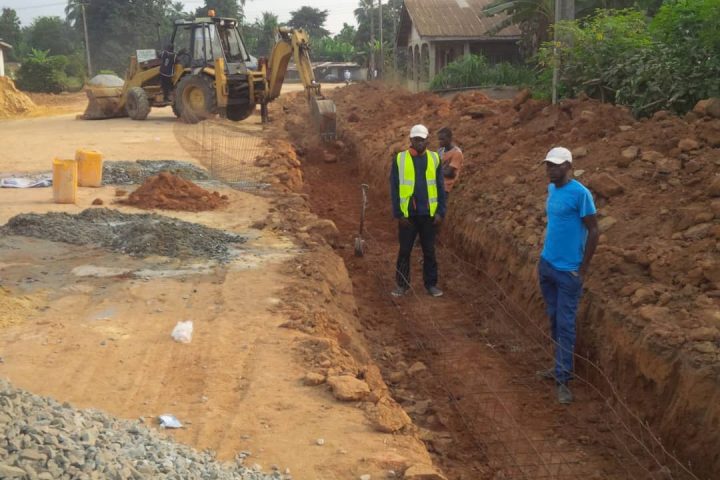
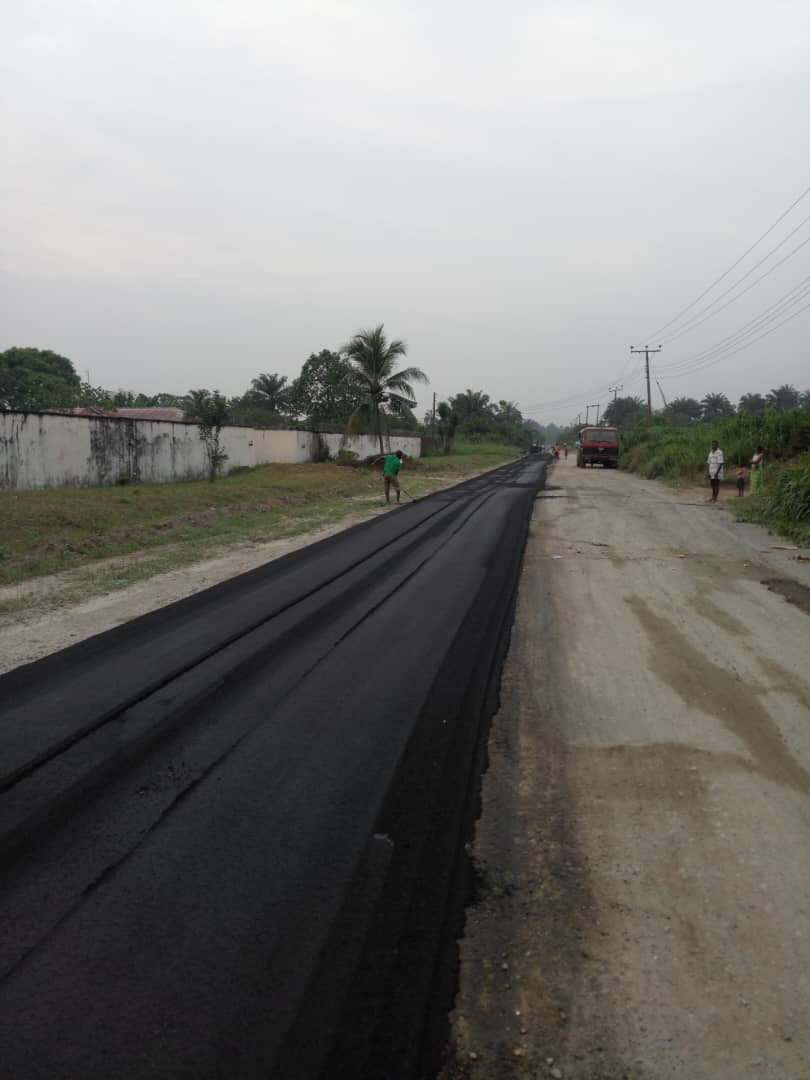
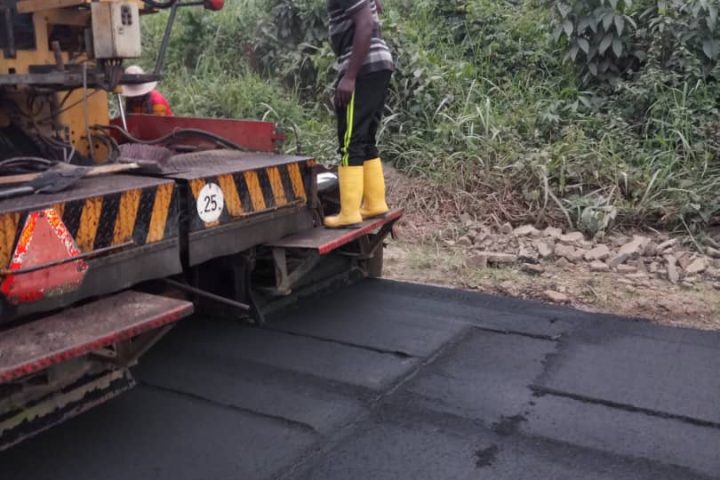
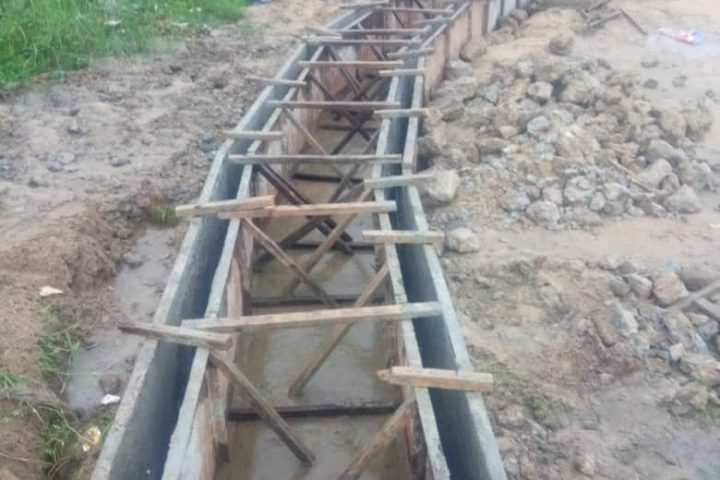
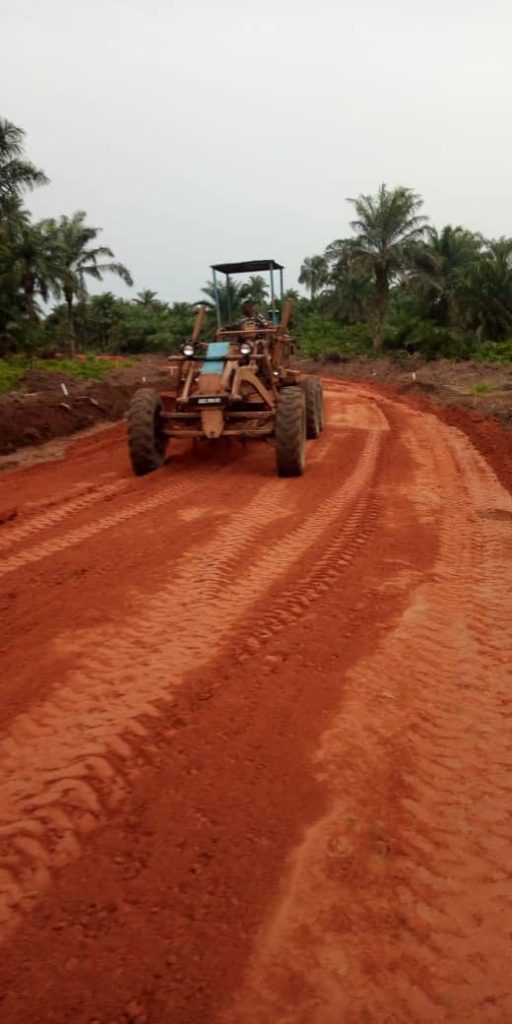


What We Do
Kegoz Systems Limited is an Integrated Engineering Firm established in 1999 as “Royal Technologies”. A series of changes spanning over the years, coupled with a fundamental change in the shareholding structure gave way to “KEGOZ SYSTEMS” in 2013. At Kegoz, we provide well analysed engineering solutions with practical evidence to a gamut of problems. As a way to continually deliver a solution-oriented service to the community through our clients, we have developed an array of well-trained and motivated professionals who push the horizon and discover new boundaries.
Our Mission
An unwavering commitment to the provision of quality, innovate and cost efficient solutions, for the benefit of all internal & external customers
Our Vision
To be the foremost engineering solutions provider in key industrial sectors in Africa
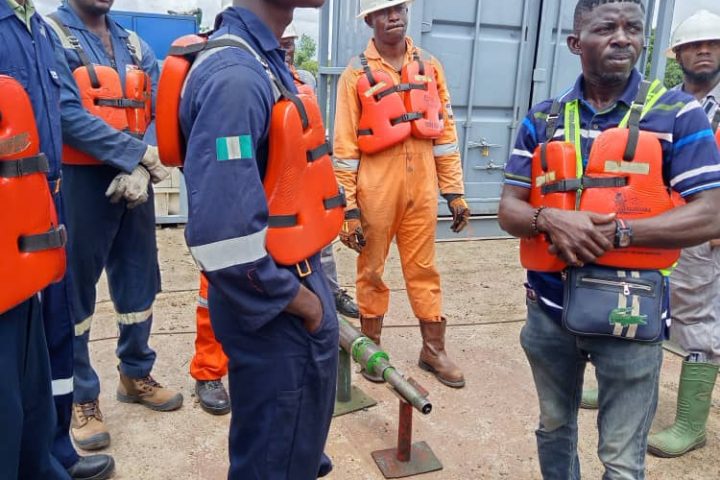
12
Years Of
Experiences
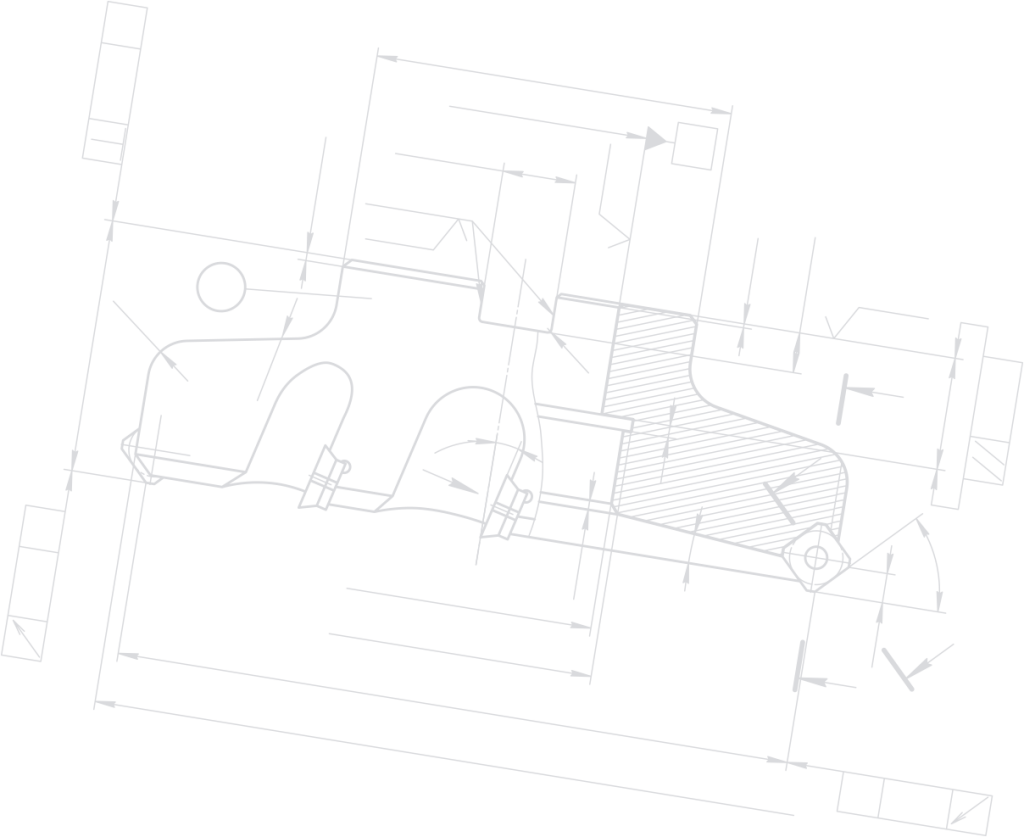
CEO's Message
“At Kegoz Group, our vision is rooted in innovation, excellence, and teamwork. We are committed to building sustainable solutions that not only drive growth but also create real value for the communities we serve.
Our journey is guided by integrity, collaboration, and a relentless pursuit of progress. By leveraging technology, talent, and strategic partnerships, we continue to expand opportunities and deliver services that shape a better future for businesses and individuals alike.
As we move forward, my promise is to ensure that Kegoz Group remains a beacon of trust, innovation, and leadership across all our subsidiaries. Together, with our team and partners, we will continue to redefine possibilities and inspire lasting change.
At Kegoz Group and across all our subsidiaries, our Core Values is SOAREE.
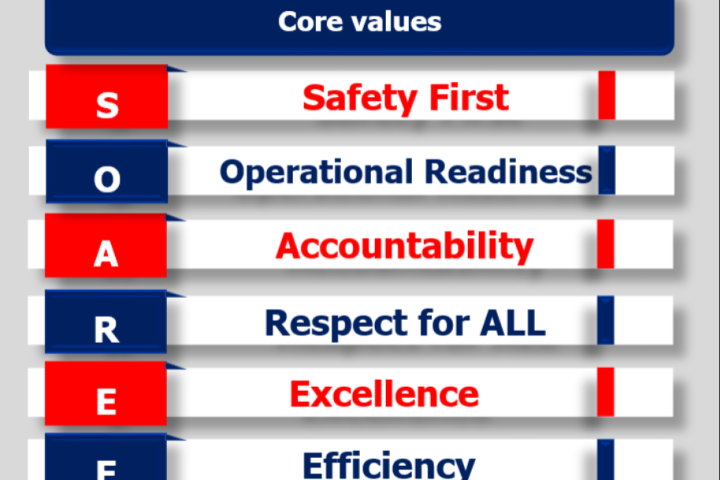
Welcome to Kegoz and we look forward to serving you.
Dr. Ifeanyi Roy-Omeni
Chief Executive Officer, Kegoz Group

Service
Industries We Serve


KOSL Drilling Project

KOSL Oil & Gas Project
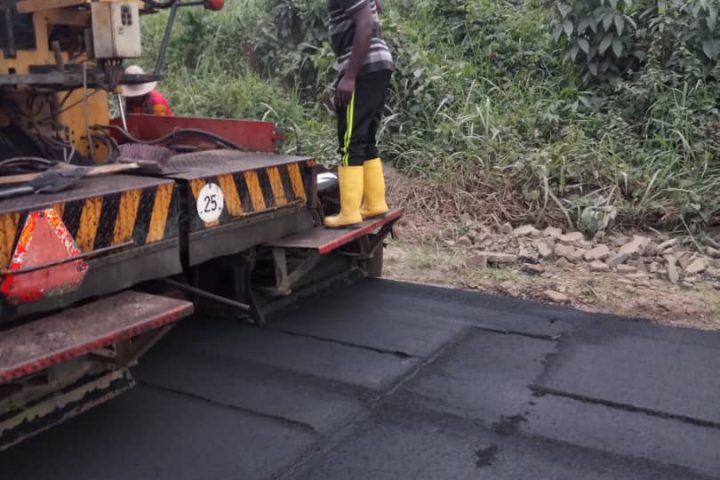
KECC Construction Project
Our Clients








